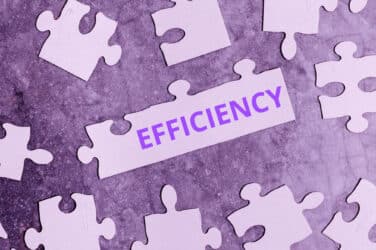
The U.S. Treasury market was historically one of the more clubby markets, wherein institutional traders transacted via telephone with a limited network of cohorts who they liked, trusted, and at least occasionally met for drinks or dinner.
Relationships are still critical, however the dramatic expansion of electronic trading over the years has elevated the importance of technology as a criteria for choosing a trade counterparty. The reliance on technology for trade execution was highlighted through the global pandemic of 2020 and 2021, which sent nearly everyone home to work, suddenly and for an extended time period.
Tradeweb President Billy Hult said his first inclination is still to call the bond market a relationship business, but that’s no longer fully accurate.
“It’s an experience business,” Hult said Tuesday on a webinar hosted by consultancy Coalition Greenwich. “Part of the experience is around technology and price, and being able to deliver that in a straightforward, clean and credible way. Another part of the experience is around the relationship component.”
Hult touched on Tradeweb’s 23-year history with Kevin McPartland of Coalition Greenwich, spanning his own experience building the business with CEO Lee Olesky, through the firm’s initial public offering in March 2019. Tradeweb execs were meant to ring the Nasdaq opening bell on the one-year anniversary of the IPO, but the pandemic scuttled those plans, and has been the backdrop ever since.
The pandemic has been a tailwind for electronic trading, which had its own momentum. “The big change over the past few years is that these marketplaces we are operating in have now become mainstream from a consciousness perspective,” Hult said. “The level of interest has risen.”
There has been record issuance of U.S. Treasury debt in 2021, and there’s an expectation that “off-the-run” Treasury trading will pick up with increased volatility in yields. That would help the big banks, who already have done well in electronic trading over the past couple years. “The tools have evolved — dealers still have the interaction, but it’s electronic,” McPartland said.
Institutional investment managers have been an especially adaptive sector. “The level of sophistication of the buy side has changed dramatically,” Hult said. “In March or April 2020, if you were underutilized with how you were engaged with the marketplace, you had a challenging time. You learn that lesson once. Nobody wants to get left behind again.”
The universe of trade counterparties has expanded, Hult and McPartland noted, partly via the rise of principal trading firms (PTFs) such as Citadel Securities, Jump Trading, and Virtu Financial. Those firms have made the trading business more mainstream and relevant, while challenging incumbents to be faster, more efficient and improve their technology.
Regarding Tradeweb’s June 2021 acquisition of Nasdaq’s U.S. fixed income electronic trading platform, Hult said the rationale is to pair the central limit order book of the former eSpeed business, as a complement to Tradeweb’s organically built direct-stream business. The order book does particularly well in volatile markets, while streaming is more popular in quieter markets.
“Market structure can change very quickly — from our perspective, we never want to be caught on the wrong side of change,” Hult said. “How do we have enough tools around us, apply them at the right time, and make it all work?”
Going forward, Hult expects trading algorithms and artificial intelligence to be more utilized in more liquid fixed income markets, and he sees “huge open field” in the electronification of other fixed income markets, such as credit and mortgages.
And the tech wake-up call that sounded at the outset of the pandemic won’t be forgotten. “People will go back to the office, but I can’t see technology progress going backwards,” McPartland said.








